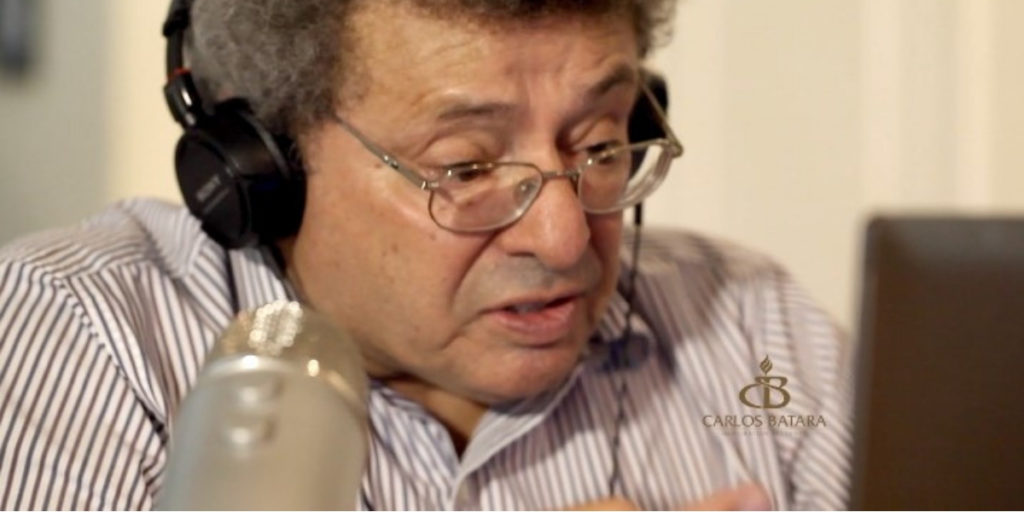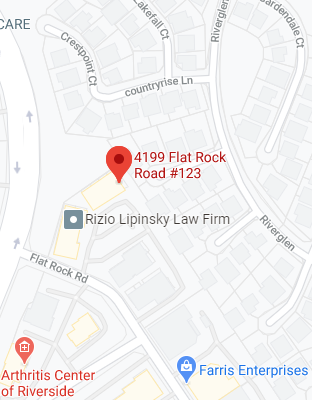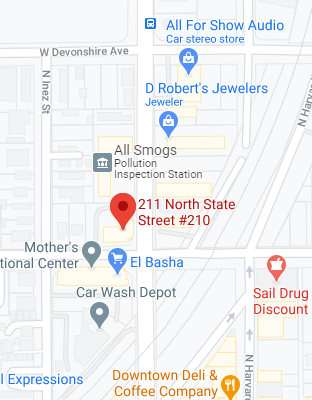
Looking for someone who can provide insightful view points with an immigration story, provoke critical thought in a news interview, or proffer an independent assessment of unfolding events?
Then Harvard-educated attorney Carlos Batara is your huckleberry.
Carlos is more than just an immigration lawyer. He is a community activist, political commentator, constitutional scholar, blogger, and, yes, even a grassroots talk show host.
More than that, he speaks his mind.
The evening before he was assassinated, Robert Kennedy drove through my impoverished Southeast San Diego neighborhood. The turnout was huge.
For me, as a teenager in my formative years, he represented all that was good in politics.
“Each time a man stands up for an ideal, or acts to improve the lot of others, or strikes out against injustice, he sends forth a tiny ripple of hope, and those ripples build a current which can sweep down the mightiest walls of oppression and resistance.”
Two mornings later, I woke up and learned Bobby was dead.
Yet, that simple ripple of hope, that simple act of visiting my politically neglected community, he provided me lives on.
You Can Take The Kid Out Of The Community . . .
Looking back, it almost seems like I was destined to become an immigration lawyer and multiculturalism advocate.
My father, an immigrant from the Philippines, toiled as a farm worker when he first arrived in this country. Later he moved over to the restaurant industry, performing dishwasher and kitchen helper duties.
My mother worked at a factory for many years before becoming a housemaid and chef for various well-to-do families. They never owned a car. Yet, they created a stable life and loving environment for me and my sisters, and they always, always, always encouraged me to my best.
I attended the University of Southern California (USC) on a Ford Foundation Fellowship, earning dual degrees in International Relations and Economics. I was a member in the International Students Association, and hosted students from Iran, Russia, Chili, and Germany.
I earned my law degree at Harvard Law School, which I had the fantastic fortune of also attending on a scholarship. I took several courses in International Law, worked closely with the International Law Students Association, and took part in Harvard Law School’s joint venture with Tufts University’s Fletcher School of International Law and Diplomacy.
When I left my home in San Diego to attend college, upward mobility needed no justification.
Moving out was a no-brainer. A nicer neighborhood. A bigger house. A better car.
My body left my old neighborhood. Not my soul.
Carlos Batara is one of the most innovative and insightful thinkers in immigration law today.
He has written and produced:
- More than 500 articles and blog commentaries on immigration law, policy, and politics
- Immigration Live, a live streaming grassroots talk show on all things immigration
- The Immigration Mastermind Podcast, providing easy-to digest snippets of advice for immigrants and their families
- Community trainings for pro per family immigration and I-601 waiver applicants
A Harvard-educated attorney, Carlos draws upon his vast ex-community activist, ex-professor, and ex-political insider experiences to assess immigration breaking news and hot topics.
Media Inquiries
If you’re a journalist working on a story and looking to connect with Carlos, please call 800-287-1180 or email us.
. . . But You Can’t Take The Community Out Of The Kid
A large part of my motivation to succeed was a desire to improve the social, economic, political, and legal conditions for those left behind. The memories of learning to ride a bike, playing marbles, and chomping on watermelon with buddies on a hot summer day are special memories. To this day, my old neighborhood has a special place in my heart.
When I moved out, I left with optimism – optimism that somehow, someday, I would return as a lawyer with skills to make things better for my family and the families of my friends.
Along the way, as my profile page explains, I have worked in political offices, sat on government boards, served as a grassroots organizer, designed community-based programs, managed election campaigns, and taught college constitutional law courses.
Today I am an attorney. I specialize in immigration law, helping many stuck in lower-income areas like where I once lived. I have enjoyed a lot of good luck while guiding immigrants from more than 80 countries on their journeys to legal residency and citizenship.
I have represented clients with deep U.S. family ties being held in custody pending deportation, clients lacking papers proving they were U.S. citizens at birth, clients fleeing from abusive spouses, clients who have been the victim of immigration fraud, clients escaping persecution from hostile regimes . . . and more.
In addition, I write posts for my blog covering immigration law, policy, and politics.
I recently began a new talk show, Immigration Live, which interviews immigration leaders, reform activists, as well as “average” immigrants, from various parts of the country.
I am proud of being able to speak with clarity to both appellate judges and immigrants with minimal education. The degrees from hallowed institutions of higher learning have not severed my ties to those living in near poverty. I have gained the opportunity to walk with prince but not lost the ability to walk with pauper.
Ethnic diversity, in my view, is a strength to be embraced, not a weakness to be shunned. Several of those I help someday will make positive contributions to this country and enrich the lives of others.
It’s Bobby’s ripples of hope at work.
Media Interviews Ain’t For Wimps
Shortly after law school, before my blind idealism wore off, I organized a secret meeting of political activists to discuss challenging the City of San Diego with a lawsuit compelling a single member district elections system.
There was one slight problem.
I had told a City Council member, whom I has thought was a supporter, in strict confidence.
About 20 minutes into our meeting, television news crews started appearing in the parking lots.
Within the next twelve hours, I had been interviewed by nearly every television, radio, and print news company in San Diego.
Two days later, I became the subject of editorials condemning my radical political notions in the region’s leading newspapers.
Behind closed doors, the older vanguard of San Diego grassroots politics blasted me for attempting to push unrealistic measures when I had only returned home a few months beforehand.
The coalition I was trying to build quickly fell apart.
I felt great sadness when I saw how my parents were personally hurt by the attacks. Neither was highly educated nor politically sophisticated. They did not understand the politics of media control.
Funny thing, years later, my dream of district elections became reality.
Unfortunately, it did not become the panacea I imagined.
I learned an important lesson from that early experience. Sticks and stones may break my bones, but public criticisms never will.




